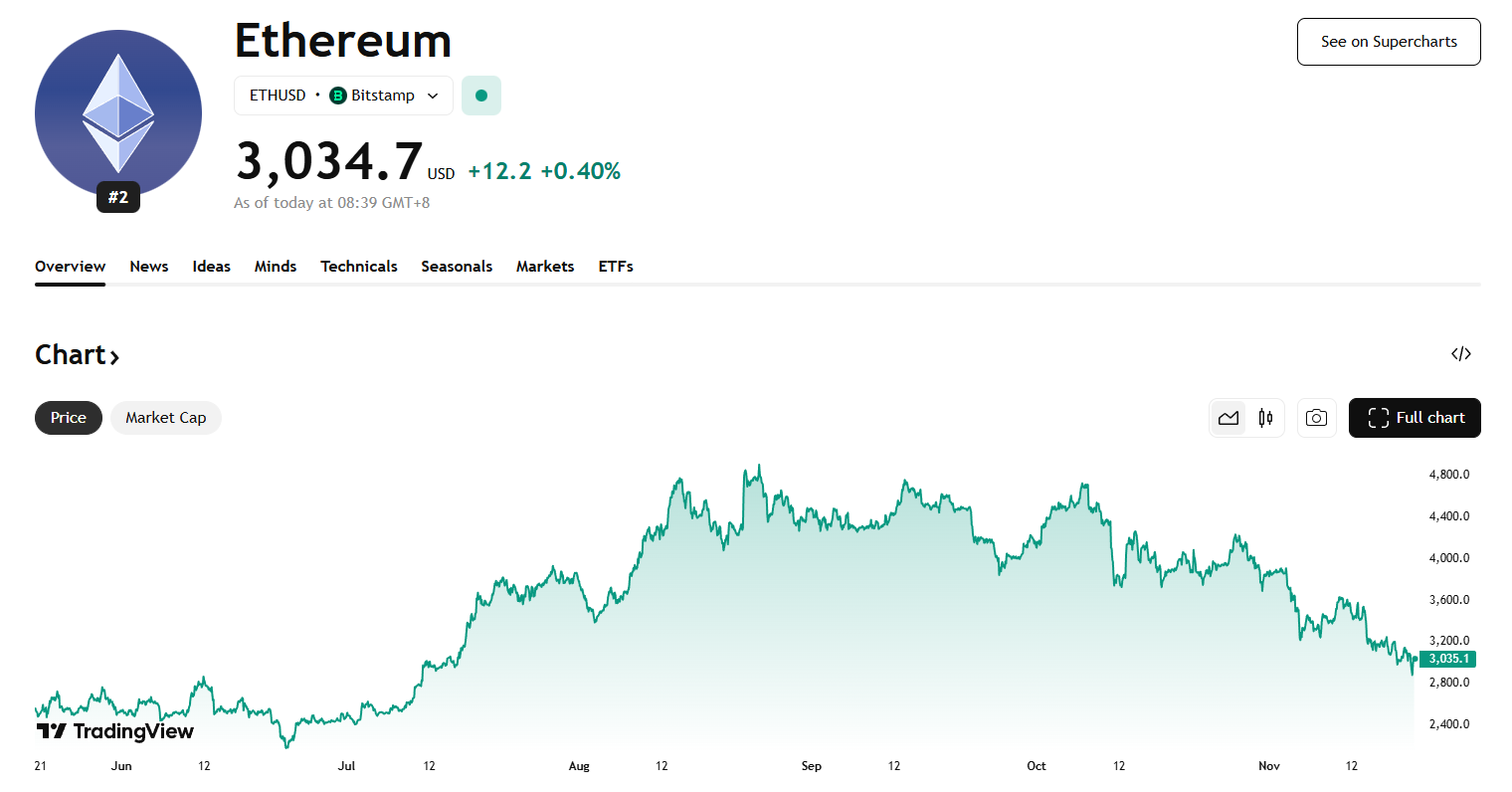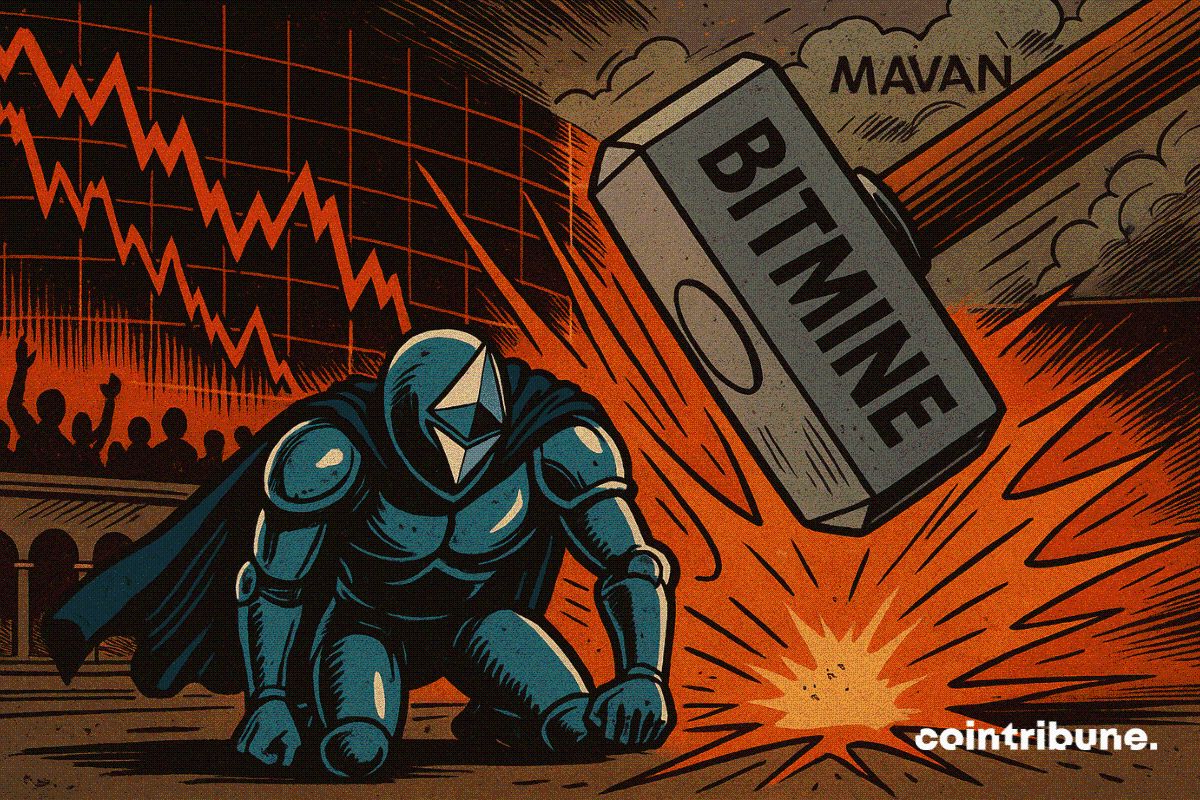The Systemic Risks of Overleveraged Stablecoins: Lessons from the YZY Token Collapse
- Kanye West's YZY token collapsed 80% in days after a $3B Solana-based surge, exposing DeFi risks from celebrity-driven speculative tokens. - Centralized token allocation (70% to West's team) and liquidity pool flaws enabled insider profits while retail investors faced 10%+ slippage. - 3x leverage on platforms like Hyperliquid amplified losses, with one trader losing $704K as leveraged positions triggered cascading instability. - SEC's reactive enforcement and fragmented global crypto regulations (vs. EU'
The collapse of Kanye West’s YZY token in August 2025 offers a stark case study in the systemic risks posed by overleveraged stablecoins and speculative tokens in decentralized finance (DeFi). Within 40 minutes of its Solana-based launch, YZY surged to a $3 billion market cap, only to plummet by over 80% within days, leaving 60% of wallets in the red and exposing vulnerabilities in liquidity structures, leverage mechanisms, and regulatory preparedness [1]. This episode underscores how celebrity-driven tokens, when paired with unstable collateral and opaque governance, can amplify systemic risks in DeFi ecosystems.
Centralization and Liquidity Fragility
YZY’s tokenomics were inherently flawed. With 70% of the supply pre-allocated to Kanye West’s team and only 10% directed to liquidity pools, the token’s design created a lopsided power dynamic. Insiders exploited early access to amass profits, while retail investors faced liquidity freezes and slippage costs exceeding 10% [2]. The liquidity pool itself was seeded exclusively with YZY tokens, not stablecoins, enabling developers to unilaterally adjust liquidity and trigger artificial sell-offs [3]. This structure mirrored the risks of algorithmic stablecoins, where centralized control over collateral and governance can destabilize markets during stress events.
The token’s collapse was further exacerbated by leveraged trading. Platforms like Hyperliquid allowed users to trade YZY with up to 3x leverage, amplifying losses for those caught in the crash [4]. One trader lost $704,000 on a leveraged position as the price plummeted, illustrating how overleveraged positions in illiquid markets can cascade into broader instability [5]. Such scenarios highlight the interconnectedness between speculative tokens and stablecoin collateral systems: when leveraged positions default, stablecoins used as collateral can face depegs or liquidity crunches, compounding systemic risks [6].
Regulatory Gaps and Post-Collapse Responses
The YZY collapse exposed critical gaps in regulatory preparedness. While the U.S. Securities and Exchange Commission (SEC) has intensified scrutiny of crypto projects, its delayed Solana ETF decisions and reliance on enforcement-first strategies have left investors vulnerable to flash crashes and market manipulation [7]. The SEC’s recent “Project Crypto” initiative, which aims to modernize custody rules and clarify asset classifications, represents progress but remains reactive rather than proactive [8]. Meanwhile, the EU’s Markets in Crypto-Assets (MiCA) framework, now in effect, mandates reserve transparency and liquidity safeguards, offering a more robust model for mitigating risks in stablecoin ecosystems [9].
Lessons for Risk Management and Governance
The YZY case underscores three key lessons for DeFi risk management:
1. Transparency in Tokenomics: Centralized allocation of tokens, as seen with YZY, creates fertile ground for manipulation. Protocols must adopt transparent governance models and equitable liquidity structures to prevent power imbalances.
2. Leverage Controls: Excessive leverage in illiquid markets amplifies systemic risks. Regulators and platforms should enforce caps on leverage for volatile assets and mandate stress-testing of collateral mechanisms.
3. Regulatory Harmonization: Fragmented global regulations, such as the U.S. and EU’s divergent approaches to stablecoins, create arbitrage opportunities for bad actors. A unified framework, akin to MiCA’s reserve transparency requirements, is essential to close loopholes.
The YZY token’s collapse is not an isolated incident but a symptom of broader vulnerabilities in DeFi. As celebrity-backed tokens and leveraged stablecoins proliferate, the need for robust risk management and regulatory preparedness becomes urgent. Without addressing these systemic risks, the next speculative frenzy could trigger a crisis far beyond a single token’s implosion.
Source:
[1] YZY Token Plummets 45.575% Amid Centralization Concerns
[2] A Case Study in Celebrity-Driven Crypto's Systemic Risks
[3] The YZY Collapse: A Cautionary Tale for Retail Investors
[4] YZY Liquidation: A Cautionary Tale of Leverage and Volatility
[5] Kanye West's YZY Token: 51000 Traders lost $74M, while ...
[6] SoK: Stablecoin Designs, Risks, and the Stablecoin LEGO
[7] Key Pro-Crypto Updates from the SEC Over the Last 3 Months
[8] The Systemic Risks of Celebrity-Backed Tokens
[9] Stablecoin Regulation 2025: Global Liquidity & Trading
Disclaimer: The content of this article solely reflects the author's opinion and does not represent the platform in any capacity. This article is not intended to serve as a reference for making investment decisions.
You may also like
Hotcoin Research | Fusaka Upgrade Approaching: Analysis and Outlook on Ethereum Long and Short Positions
This article will review Ethereum's recent performance, provide an in-depth analysis of the current bullish and bearish factors facing Ethereum, and look ahead to its prospects and trends for the end of this year, next year, and the medium to long term. The aim is to help ordinary investors clarify uncertainties, grasp trends, and provide some reference to support more rational decision-making during key turning points.

Crypto Market Surges as Bitcoin Rebounds and Privacy Coins Shine
In Brief Bitcoin rebounded over the weekend, testing the $86,000 mark. Privacy-focused altcoins Monero and Zcash showed notable gains. Total market value surged, crossing the $3 trillion threshold again.

Crypto Markets Rebound as Traders Signal Seller Fatigue
In Brief Crypto markets rebounded amid significant liquidations and oversold RSI signals. Weekend trading conditions with thin liquidity influenced rapid price shifts. The rebound's sustainability remains uncertain, prompting scrutinous investor attention.

Cardano : Network security questioned after a major incident
